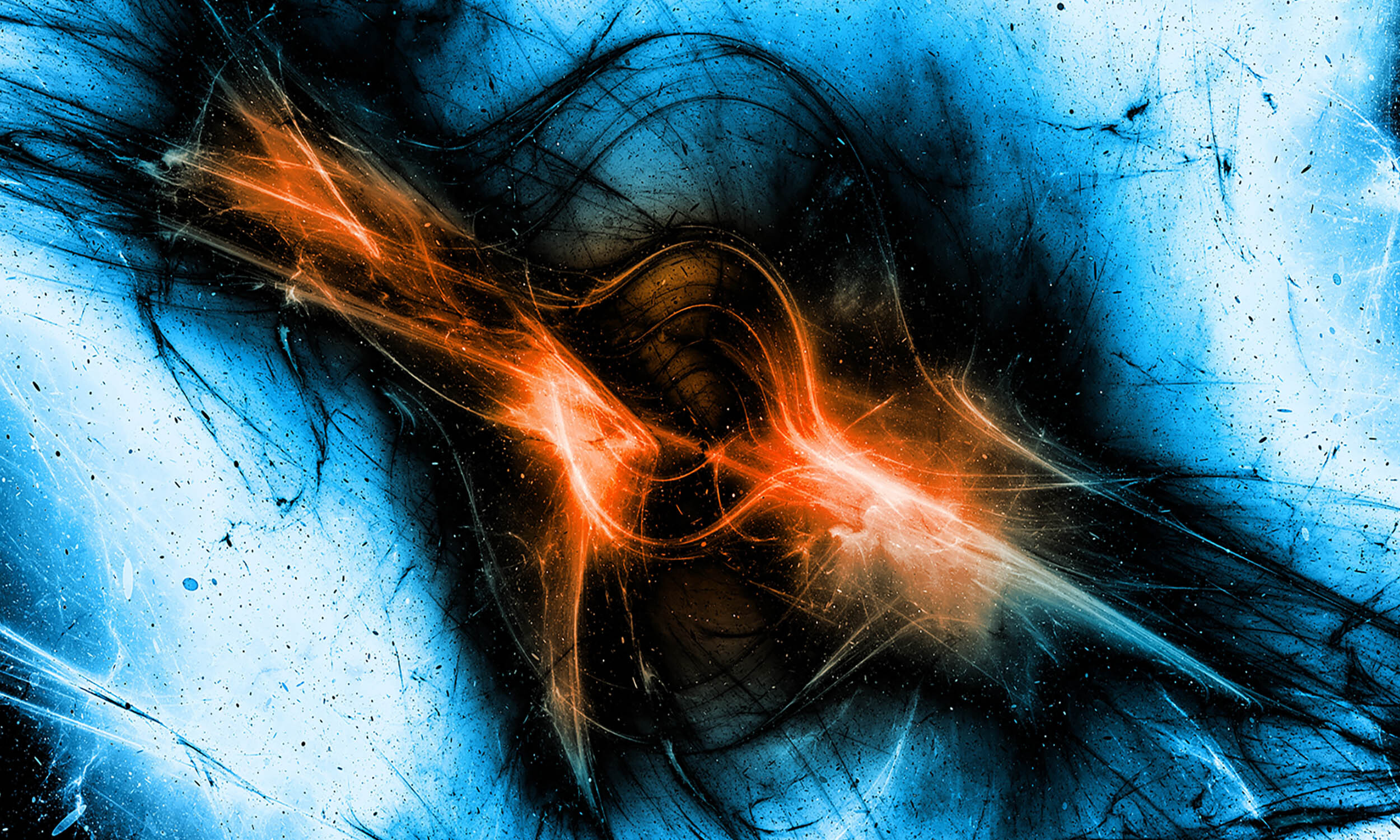- cross-posted to:
- space@lemmy.world
- cross-posted to:
- space@lemmy.world
There are many claims like this, and it’s hard to tell who’s right. Even the Nobel prize committee said fuck it and awarded the physics prize to some programmers
It’s usually pretty easy to tell which new theories can be discarded because they don’t explain all the observations that lead us to the dark matter theory in the first place (like e.g. the Bullet Cluster). Or it would be easy if media wasn’t full of uncritical clickbait fluff pieces like this that rather make sensationalist claims than contextualizing how a new study fits into the existing science.
It’s interesting that the article mentions them looking for tests, yet doesn’t mention applying the theory to things we’ve already tested with other predictions. The Bullet Cluster, for example.
That seems really suspect to me. It would seem ‘a given’ to run the hypothesis against that which is already measured to validate it, or not. But to ignore established metrics and go out looking seems to be a fish looking for fishermen.
So far this is just a hypothesis, with no empirical evidence to back it up. On the other hand the standard model is supported by lots of evidence. It says this pretty clearly at the bottom of the article.
It’s possible this guy is right but he has a long way to go to prove it. Extraordinary claims require extraordinary evidence, as Carl Sagan would say.
Is this one of those cases where you would need to make a parallel universe and let it run for billions of years to prove this idea?
I think you just need to find, or explain, the dark matter.
It’s probably not these guys, since I’m pretty sure nobody believes the “tired light” hypothesis.
it’s hard to tell who’s right
At a superficial level, sure. But that’s in large part because of the nature of the problem. Dark Matter is the quintessential Unknown Unknown. It comes from the argument that we have a universe that is accelerating in its rate of expansion in a way that doesn’t follow the understood shape of the universe.
Dark Matter / Energy solves the problem by positing a large invisible mass that’s been compressed, like a spring, and is still being released following the Big Bang, propelling SpaceTime out in front of it.
But because all our measurements are occurring in a relatively small timeframe (relative to the history of the universe) and because we’re working from a very limited perspective (not like we can pop over to the other side of the universe and confirm our findings), we have to make a lot of estimates and assumptions. Introducing/Dismissing some of these assumptions can “solve” certain problems very easily. But on closer inspection, they raise a bunch of new questions that can just as easily be debated.
Even the Nobel prize committee said fuck it
That’s more because AI is “hot” right now and astrophysics isn’t paying anyone’s bills.
I think you’re conflating dark matter and dark energy, they are two different things. Dark Energy is what’s accelerating universal expansion. Dark Matter slows it down.
and I would actually classify them as “known unknowns” since they are holes in our understanding of physics that we’re aware of. A true unknown unknown wouldn’t be in scientific discussion at all or have even been given a name; it would be completely off our radar.
“Enter Rajendra Gupta, a seasoned physics professor who isn’t afraid to question the status quo. With years of research under his belt, Gupta is shaking up our understanding of the universe.”
One of these days a room temperature super conductor, or a unified theory of everything, will be discovered, but probably not from an older researcher who is too comfortable not taking questioning seriously.
Big claims to grab clicks.
I’m not a fan of dark matter, I find myself liking MOND, but it’s going to take a lot of positive results to even begin moving the needle, a problem the sciences have often exhibited, though mostly correctly.
I’m not a fan of dark matter
When you consider how many astrological phenomenon have been discovered in the last century, or even the last decade, its not hard to believe there’s a large lump of matter we simply haven’t identified yet.
I’m more prone to believe the mechanics of physics are solved and certain volumes of mass are occluded than that physics is wrong and all mass is accounted for.
Btw, is there an explanation why my body mass is exactly as much as the visible mass?
Wasn’t it that our system simply doesn’t have a lot of dark matter?
Interesting idea. I am eager to see whether this can be further confirmed or not.
Me too.
I am interested if we can prove that the speed of light is a constant or not. We only know it’s consistent there and back, what if it’s slower one way or the other.
Dark matter? Get more creative!

There are many topics to which I can reply with a Calvin and Hobbes moment. What a great comic.
You weren’t there, man!
Supercollider? I just met her!







